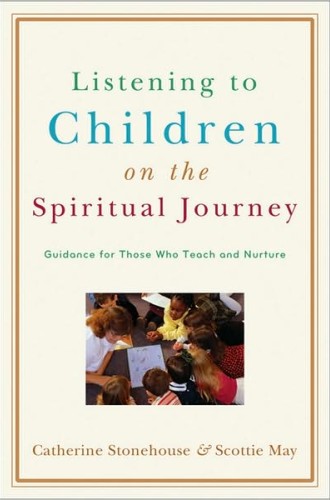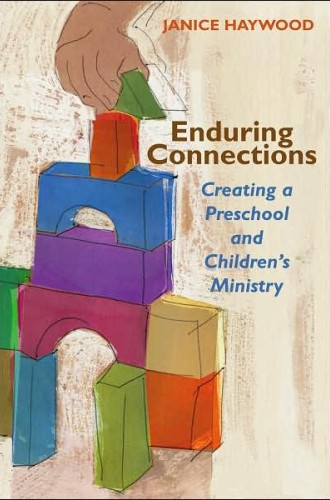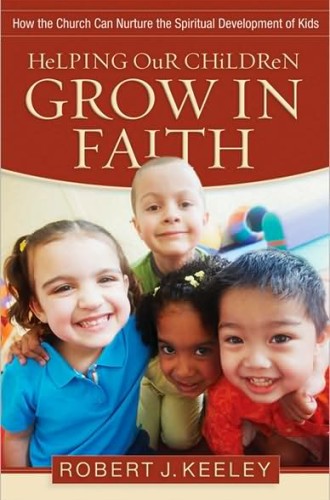Children’s ministry
Listening to Children on the Spiritual Journey, by Catherine Stonehouse and Scottie May. After listening for more than a decade to children and childhood experiences, the authors introduce readers to a variety of children's ideas about God and faith. They then interpret their research findings via the lens of evangelical theology and human development theories and suggest strategies for congregational life and ministries.
Enduring Connections: Creating a Preschool and Children's Ministry, by Janice Haywood. The author begins by debunking several myths about children's ministries and then describes how a congregation can effectively develop programs for preschool and grade-school children. Chapters are organized topically so the reader can select the information most pertinent at a given time. Appendices provide sample surveys, job descriptions and age-graded learning goals.
Home Grown: Handbook for Christian Parenting, by Karen DeBoer. Children's ministries are most effective when congregations partner with parents in nurturing childhood faith. DeBoer organizes this book as a series of responses to 111 questions that parents might ask church leaders and draws on interviews with several evangelical and mainstream Protestant scholars to inform her answers.
Helping Our Children Grow in Faith, by Robert J. Keeley. Keeley presents six principles for children's ministries, including an emphasis on God's mystery and a distinction between faith and moral development. The author also provides concrete suggestions for involving children in all aspects of congregational life, including weekly worship.
The Child in the Bible, edited by Marcia J. Bunge, Terence E. Fretheim and Beverly Roberts Gaventa. This is an accessible introduction to biblical teaching on children and childhood that can help church leaders move beyond Sunday school recollections of Bible stories. Pastors may want to use this text as a resource when preaching or teaching, particularly in addressing concepts such as childlike faith, discipline and family relationships.










